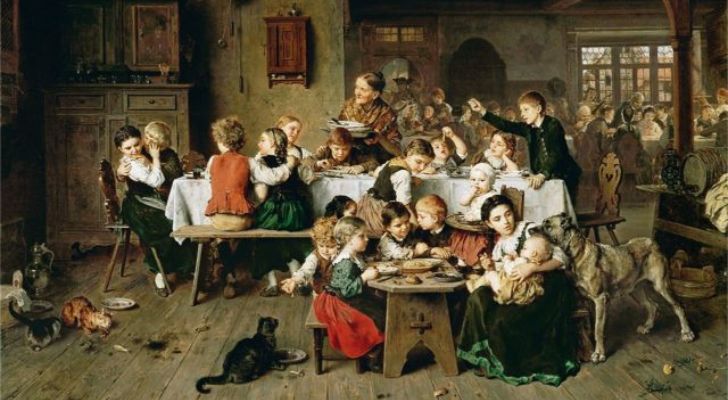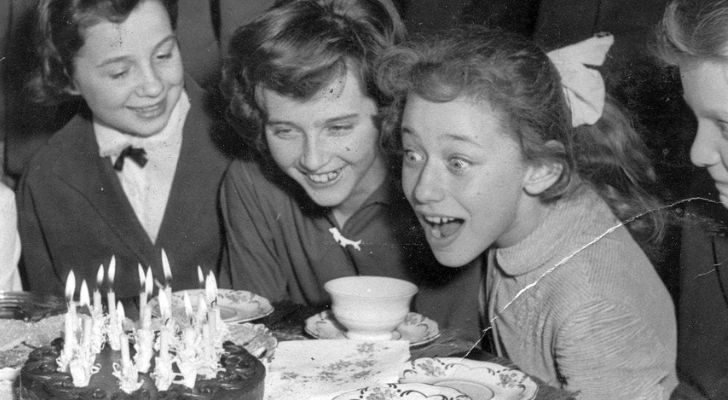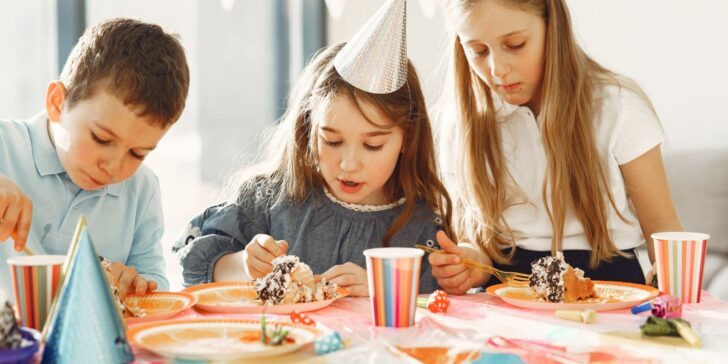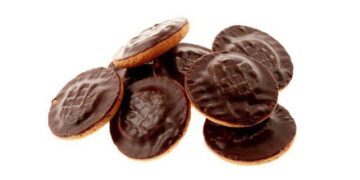Whether you buy a fancy cake at a store or personally bake one at home with love, celebrating any birthday is not complete without a cake glimmering with candles!
So why is a birthday cake an absolute requirement for a birthday celebration?
The answer to this goes way back to the beginning of written history!
We’ll be going over the origins of the first birthday cake and following it through the history of humankind to the present day.
If it’s your birthday today, make a wish, and let’s learn about cake!
The birthday cake by ancient Greeks.

The ancient Greeks originated the idea of having cakes when celebrating another year of life as we know it today.
The Greeks got this idea of celebrating birthdays from something the Ancient Egyptians did.
They had a tradition of commemorating a pharaoh’s coronation as a god or goddess, which they called their “birthday.”
In Ancient Egypt, cakes were considered sacred and were created as unburnt sacrifices and bloodless offerings to deities, kings, and heroes.
This was an alternative to, or in addition to, animal sacrifices.
The Greeks, inspired by the Egypt birthday rituals, first offered cakes to Artemis, their moon goddess.
This was according to the ancient writings of Philochorus.
The Greek’s sacred birthday cakes were made as baked pieces of bread, biscuits, baked goods, and honey-sweetened sponges called meli.
In addition, they also placed candles on the cake to make it glimmer like a full moon in honor of the moon goddess, Artemis.
The birthday cake’s first actualization.

Since the Middle Ages, Germans have celebrated Christ’s birth with Nativity displays, Christmas trees, and a birthday cake.
The birthday cake was then added to children’s birthday celebrations after it became a part of the conventional method to commemorate Jesus’ birth.
In the 1400s, children’s birthday parties were called “kinder fest” in Germany.
The kids’ parents made the cakes in the morning for Kinderfest.
They then put a candle on the cake to indicate the child’s age and year.
The mass adoption of birthday cakes.

Thanks to the globalization of the 16th and 17th centuries and technological breakthroughs, the price of goods such as sugar dropped significantly, making cake accessible to the masses.
Heading to the 1800s, birthday parties became more commonplace after the industrial revolution.
Birthday cakes experienced a tremendous rise in popularity, and the concept of “modern cakes” was born.
In today’s world, there has been a substantial rise in commemorating various unique milestones, achievements, or festivals.
Every occasion deserves a cake, after all!
Sweet facts about modern-day birthday cakes.

The first slice of your birthday cake in Mexico must be given to the person you love the most.
Koreans have a different version of birthday cake called tteok, a must-have on a kid’s first birthday.
It is a steamed rice cake with various stuffing and is usually served with Korean seaweed soup.
Traditional Danish birthday cakes are in the shape of the person having the birthday and are called “Kagemand” for a cake man and “Kagekone” for a cake woman.
Mawa cake is a traditional birthday cake in India made out of milk and nuts and is considered to make the birthday celebrant extra special because it takes a long time and effort to make.
A Revani is a gooey birthday cake famous in Greece and Turkey, which is made of lemon and semolina with a thin layer of orange syrup on top that gives it a sweet flavor.
The iconic Jewish birthday cake is known as ugat yomledet, a chocolatey, moist sponge cake with lots of frosting or whipped cream on top, and it must be eaten with milk or dunked in it like an Oreo.
Thanks to the Ancient Greeks for introducing cakes, Germans for embracing the tradition of cakes on birthdays, and most especially, to the hands and creativity of bakers since the 1800s who incorporated sweetness into cakes that we got to enjoy until these days!
Celebrating a birthday may vary from country to country; however, there comes a similarity – cakes on birthdays for you and me.
Julia Child once said, “A party without a cake is just a meeting.”
Cakes, indeed, make an occasion extra special for everyone!


















